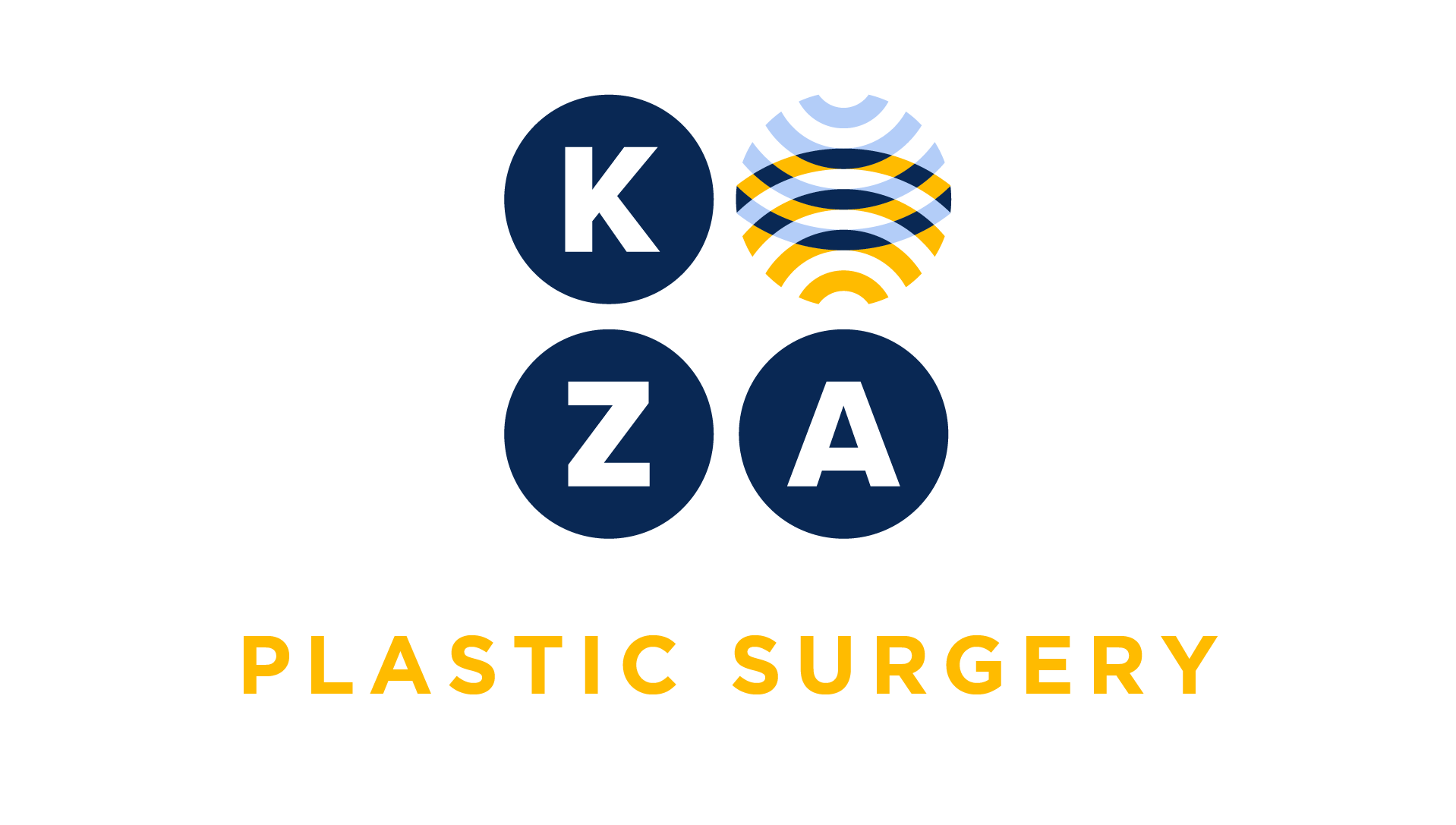
Choose your specialty from the list below to see how our experts have tackled a wide range of client questions.
Looking for something specific? Utilize our search feature by typing in a key word!
Denial of Breast Reconstruction
We received a denial for 19357-50 (tissue expander reconstruction) and +15777 x 2 units. The denial reason was “the diagnosis code and CPT code combination is inappropriate”. We used
Question:
We received a denial for 19357-50 (tissue expander reconstruction) and +15777 x 2 units. The denial reason was “the diagnosis code and CPT code combination is inappropriate”. We used a diagnosis of C50.911 (Malignant neoplasm of unspecified site of right female breast). What diagnosis code(s) should we have used?
Answer:
For breast reconstruction procedures, we typically use the following two diagnosis codes:
Z42.1 Encounter for breast reconstruction after mastectomyZ90.11 or Z90.12 or Z90.13 Acquired absence of right or left or bilateral breast
The cancer diagnosis code, such as C50.911, can be a third diagnosis if the mastectomy was performed on the same day as the reconstruction but we would not use it as a first diagnosis. Your procedure was performed for reconstruction – not to treat cancer. If the reconstruction were performed after the patient has completed all treatment for breast cancer, then you’d use Z85.3 (personal history of breast cancer) as a third diagnosis code.
*This response is based on the best information available as of 08/19/21.
Harvest of Graft for Repair of Nasal Vestibular Stenosis
We did a septoplasty and repair of nasal vestibular stenosis with spreader grafts using septal cartilage. We billed these codes: 30465, 30520 and 20912. Medicare does not bundle any
Question:
We did a septoplasty and repair of nasal vestibular stenosis with spreader grafts using septal cartilage. We billed these codes: 30465, 30520 and 20912. Medicare does not bundle any of these codes. So why did we not get paid on 20912? Should we have used modifier 59 or XS on 20912 to get paid?
Answer:
You were likely not paid on 20912 because harvesting of graft material obtained through the same surgical exposure/incision should not be separately reported. The septal cartilage graft was harvested when you did the septoplasty (30520) which is considered the same surgical exposure/incision. In other words, 20912 is included in 30520. Therefore, you should have only billed 30465 and 30520. Consider yourself lucky that you did not get paid on 20912 because that would have been considered an overpayment for unbundling of codes.
*This response is based on the best information available as of 07/22/21.
Use of Cadaver Cartilage
We have a patient that needs a major revision rhinoplasty requiring cadaver cartilage. There is no remaining local cartilage that can be utilized in this case and my surgeon has opted…
Question:
We have a patient that needs a major revision rhinoplasty requiring cadaver cartilage. There is no remaining local cartilage that can be utilized in this case and my surgeon has opted to use cadaver instead of rib cartilage. I know local grafts are not separately reportable, but is there a way to bill for cadaver cartilage?
Answer:
Unfortunately, no. The concept is that surgical CPT codes represent physician work. There is negligible physician work in using pre-fabricated cadaver cartilage so that is why a CPT code does not exist.
*This response is based on the best information available as of 07/08/21.
Adjacent Tissue Transfer
A few years ago I was at your plastic surgery coding workshop in Chicago – you were great, Kim! I remember discussing the adjacent tissue transfer or rearrangement codes and you said…
Question:
A few years ago I was at your plastic surgery coding workshop in Chicago – you were great, Kim! I remember discussing the adjacent tissue transfer or rearrangement codes and you said we need a size dimension to code for CPT 14040 or 14041 or any of the ATT codes. Do you have a specific guideline or a resource that I can find to support this? As always thank you so much for your guidance.
Answer:
Thank you for your kind words! Sure – just look in the CPT book in the Guidelines for the Adjacent Tissue Transfer or Rearrangement codes. The last paragraph defines the terms primary and secondary defects. The CPT codes themselves are defined by square centimeters – this is the total sq cm of each defect (primary and secondary). When you use a CPT code that has a dimension in the description, such as sq cm or linear cm, then that dimension must be documented to support the billed code. It is very important for you to document the primary defect dimension and secondary defect dimensions separately. These two dimensions are added together to “equal” the CPT code.
*This response is based on the best information available as of 06/24/21.
Breast Reduction with Liposuction
If I do both a breast reduction, 19318, and liposuction of the breast, 15877, do I bill both codes?
Question:
If I do both a breast reduction, 19318, and liposuction of the breast, 15877, do I bill both codes?
Answer:
No – the liposuction is not separately reported. This service is included in the breast reduction code assuming breast tissue is surgically removed to support 19318.
*This response is based on the best information available as of 06/10/21.
Denial of 15839 with 19342
My doctor performed 19342 (exchange of larger implant to smaller implant), 15771 (grafting of autologous fat) and 15839 (excision of excessive skin). We were denied for 15839 and I have…
Question:
My doctor performed 19342 (exchange of larger implant to smaller implant), 15771 (grafting of autologous fat) and 15839 (excision of excessive skin). We were denied for 15839 and I have sent a corrected claim with updated diagnosis codes for 15839 but the claim was again denied. Can you help please?
Answer:
CPT 15839 (Excision, excessive skin and subcutaneous tissue (includes lipectomy); other area) would never be separately reported for only excision of excess skin during a breast reconstruction or revision procedure. This service is included in whatever primary procedure code you’re billing.
*This response is based on the best information available as of 05/13/21.

